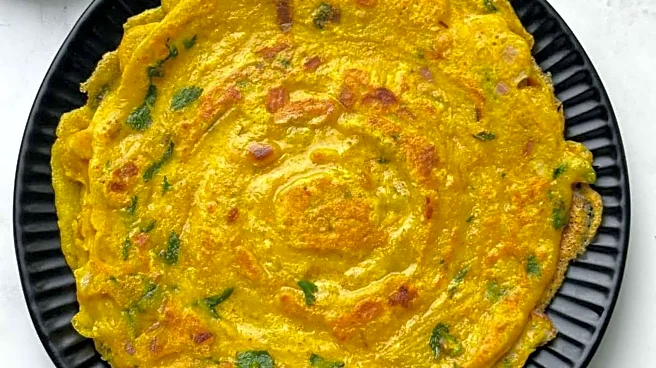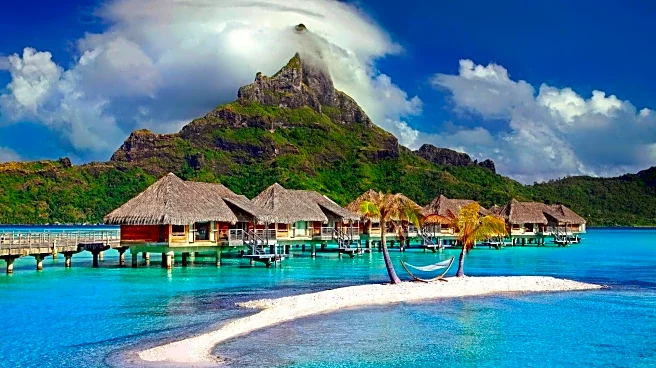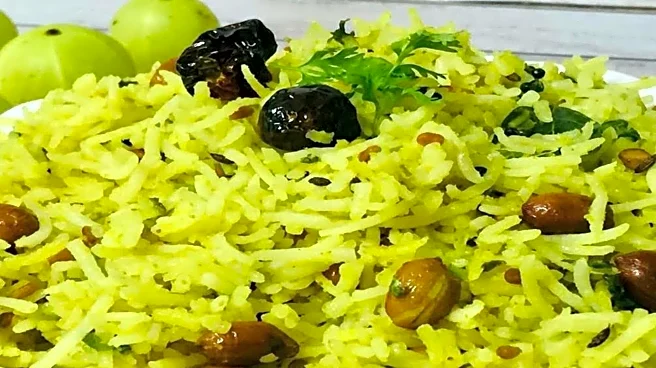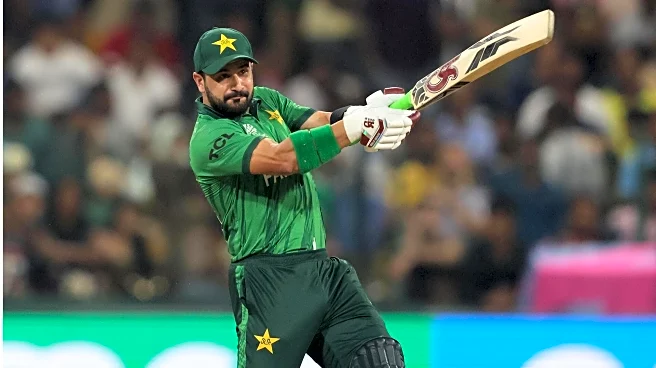What is the story about?
Speaking at a panel discussion on "Reshaping Globalisation: The World View" with Parikshit Luthra at the Network18 Reforms Reloaded event in New Delhi, Ambassadors and foreign experts have called for deepening of India's trade with the European Union, Africa and Latin America while welcoming the recent GST reform which reduces tax rates on products and services across the board.
With India's Trade and Economic Partnership Agreement (TEPA) with the European Free Trade Association (EFTA) coming into effect on 1st October, the Ambassador of Iceland to India Benedikt Höskuldsson said that the GST reform will make it easier for companies to operate even as TEPA aims to create one million jobs through significant investments in India, which he views as a reliable partner.
Describing the GST reform as beneficial for the economy in terms of unifying the Indian market and boosting inter-state commerce, he called for improvement in India's relations with the European Union (EU), as Iceland and Norway are integrated into the EU market.
South Africa's High Commissioner to India, Anil Sooklal said that the GST reform will benefit the country's lowest economic rungs and boost its trade with Africa. Noting that the expansion of the BRICS grouping was not well-received by the global North, he clarified that no BRICS member country ever spoke about any "de-dollarisation", which has now became a buzzword.
Highlighting the old and strong relations between India and Africa, he pointed out that India had a larger footprint in Africa than China until recently courtesy the presence of 3.5 million people of Indian origin on the African continent. Citing India's involvement in Africa's development by opening up of an IIT in Zanzibar and another one coming up in Tanzania, he called for more visibility for such efforts. While he added that the global South is rising, he termed the global multilateral architecture as outdated with the world moving towards unilateralism.
Emphasizing the need for India to "ride out" the current challenges and maintain its relationship with the US, former Foreign Secretary Kanwal Sibal stated that the US continues to be India's largest trading partner in goods and services. Describing the US President Donald Trump as the one who "blows hot and cold", he said that Trump thinks being unpredictable puts the other side under a lot of pressure, as he pointed out that while there have been job losses in the manufacturing sector in the US, the work done by Indians in the IT sector has created jobs in the US. He noted that the US has revoked the exemptions in sanctions for the Chabahar project in Iran, which does not hurt American interests in any manner.
Highlighting India's huge trade deficits with China, Japan and the ASEAN bloc, Sibal suggested strengthening of ties with the EU, which is also under pressure from the US. He mentioned that it is important to look at Africa, West Asia, and Latin America to grow trade. Calling for more self-reliance to make India a more attractive trade partner, he called for deeper reforms, less regulation, and help for the MSME sector to ease investments into India.
With India's Trade and Economic Partnership Agreement (TEPA) with the European Free Trade Association (EFTA) coming into effect on 1st October, the Ambassador of Iceland to India Benedikt Höskuldsson said that the GST reform will make it easier for companies to operate even as TEPA aims to create one million jobs through significant investments in India, which he views as a reliable partner.
Describing the GST reform as beneficial for the economy in terms of unifying the Indian market and boosting inter-state commerce, he called for improvement in India's relations with the European Union (EU), as Iceland and Norway are integrated into the EU market.
South Africa's High Commissioner to India, Anil Sooklal said that the GST reform will benefit the country's lowest economic rungs and boost its trade with Africa. Noting that the expansion of the BRICS grouping was not well-received by the global North, he clarified that no BRICS member country ever spoke about any "de-dollarisation", which has now became a buzzword.
Highlighting the old and strong relations between India and Africa, he pointed out that India had a larger footprint in Africa than China until recently courtesy the presence of 3.5 million people of Indian origin on the African continent. Citing India's involvement in Africa's development by opening up of an IIT in Zanzibar and another one coming up in Tanzania, he called for more visibility for such efforts. While he added that the global South is rising, he termed the global multilateral architecture as outdated with the world moving towards unilateralism.
Emphasizing the need for India to "ride out" the current challenges and maintain its relationship with the US, former Foreign Secretary Kanwal Sibal stated that the US continues to be India's largest trading partner in goods and services. Describing the US President Donald Trump as the one who "blows hot and cold", he said that Trump thinks being unpredictable puts the other side under a lot of pressure, as he pointed out that while there have been job losses in the manufacturing sector in the US, the work done by Indians in the IT sector has created jobs in the US. He noted that the US has revoked the exemptions in sanctions for the Chabahar project in Iran, which does not hurt American interests in any manner.
Highlighting India's huge trade deficits with China, Japan and the ASEAN bloc, Sibal suggested strengthening of ties with the EU, which is also under pressure from the US. He mentioned that it is important to look at Africa, West Asia, and Latin America to grow trade. Calling for more self-reliance to make India a more attractive trade partner, he called for deeper reforms, less regulation, and help for the MSME sector to ease investments into India.
/images/ppid_59c68470-image-175855253186116685.webp)

/images/ppid_59c68470-image-177073753953128063.webp)













/images/ppid_a911dc6a-image-177073762995729463.webp)
